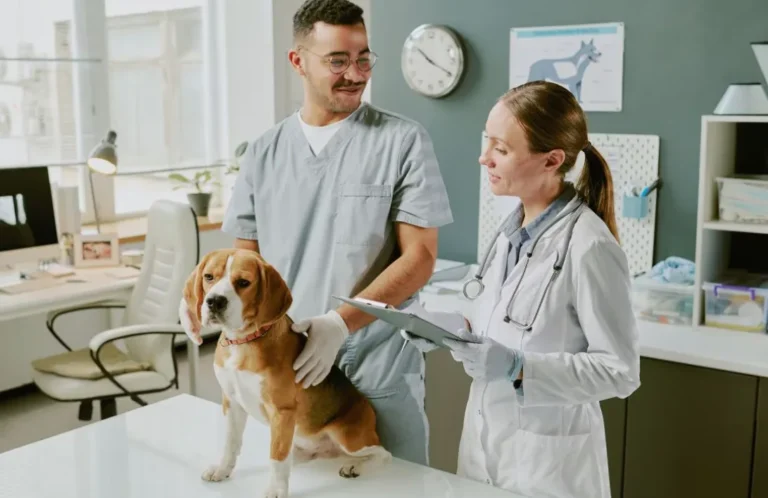
Knowing what to expect can ease the process of meeting with your psychiatrist for the first time. During the initial visit, the psychiatrist will take time to understand your medical history and personal goals. They may ask detailed questions and outline potential treatment options. This first appointment is also an opportunity to build trust and establish a collaborative plan for managing your mental health. Here’s what you can expect on your first visit with a psychiatrist:
Initial Intake and History Review
Your first appointment will begin with an initial intake process. You will be asked to complete forms that cover your personal and medical history. Your psychiatrist needs this information to get a complete picture of your health. The review includes your physical health, past and current medical conditions, and medications you are taking.
The psychiatry specialist will also ask about your family’s medical and mental health history. Some conditions can have genetic links, making the information fundamental for your specialist. This stage helps the psychiatrist understand all the factors that may be influencing your mental well-being. It also sets the foundation for an accurate diagnosis and effective treatment plan.
Current Concerns and Goals
After the initial review, the focus will shift to your current concerns. The psychiatrist will ask you to describe the symptoms you are experiencing. It is helpful to be open and detailed during this conversation.
You will also discuss your goals for treatment. These goals could be specific, such as reducing anxiety in social situations, or broader, like improving your overall well-being. Defining your goals with the psychiatrist makes sure that your treatment plan is aligned with what you want to achieve.
Possible Evaluations and Next Steps
Based on your discussion, the psychiatrist may suggest further evaluations. These could include psychological questionnaires or screening tools to better understand your symptoms. A psychiatrist uses these evaluations to confirm a diagnosis or rule out other conditions.
The next steps will be outlined clearly for you. This may involve scheduling a follow-up appointment, starting a new medication, or receiving a referral for therapy. The psychiatrist will explain the reasoning behind each recommendation. You will have the opportunity to ask questions to make sure you understand and are comfortable with the proposed plan.
Patient-psychiatrist Relationship
A strong relationship with your mental health doctor is built on trust and open communication. Your first visit is the start of this professional relationship. It is an opportunity for you to assess if the psychiatrist is a good fit for you. Feeling heard and respected is fundamental. The psychiatrist should create a safe environment where you feel comfortable sharing personal information. This therapeutic alliance is a key predictor of successful treatment outcomes.
Also Read: The Role of Psychiatrists in Mental Health Diagnosis
Consult a Psychiatrist today
Your first visit with a psychiatric specialist is a proactive step toward managing your mental health. It involves reviewing your history, discussing your current concerns, and creating a treatment plan. To take the next step, contact a trusted provider near you today to schedule a consultation with a psychiatrist for personalized and compassionate care.







